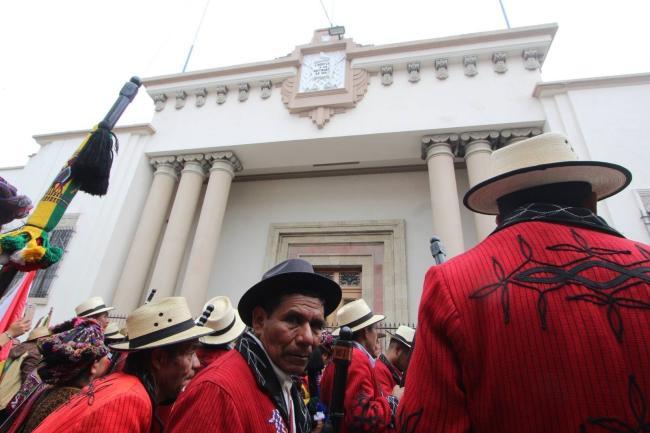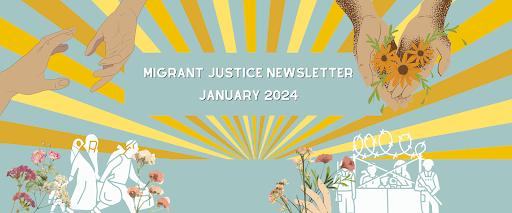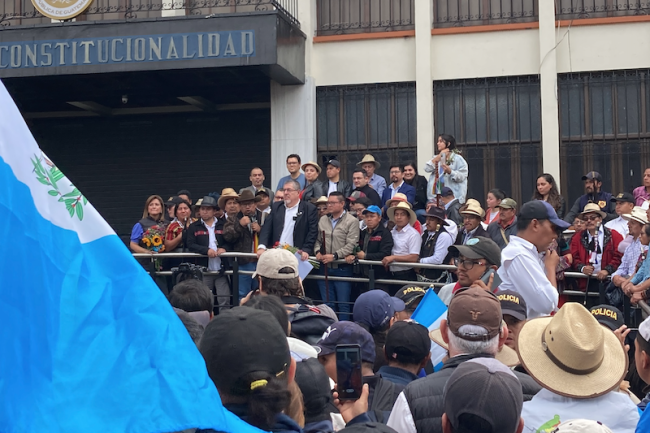The article discusses the Association for Justice and Reconciliation (AJR) in Guatemala, formed in response to the country's armed conflict. The AJR played a crucial role in the landmark 2013 case that sentenced former dictator Efraín Ríos Montt for genocide. The interview with Romelia, a Maya Achí woman and AJR's leader, highlights their ongoing struggles for justice, historical memory, and transitional justice. Despite successes, challenges persist, including corruption, impunity, and efforts to obstruct justice. The AJR participated in the 2023 national strike for democracy, expressing concerns about the new government's ability to address corruption in the judicial system. Romelia emphasizes the importance of international support to continue their work for justice, historical memory, and the rights of Indigenous communities.
- Home
- About Us
- Issues
- Countries
- Rapid Response Network
- Young Adults
- Get Involved
- Calendar
- Donate
- Blog



